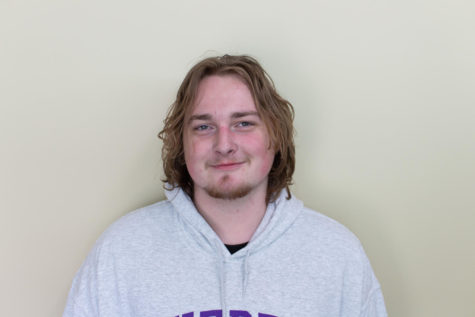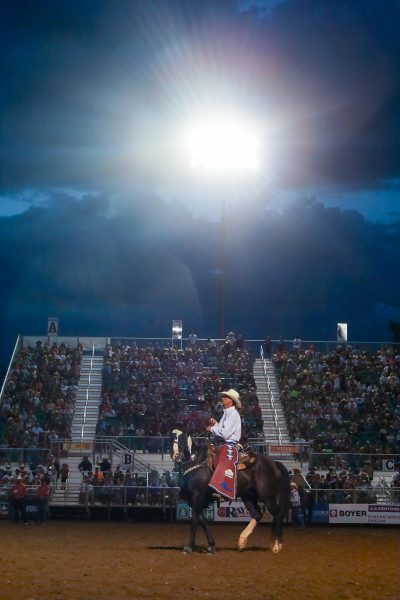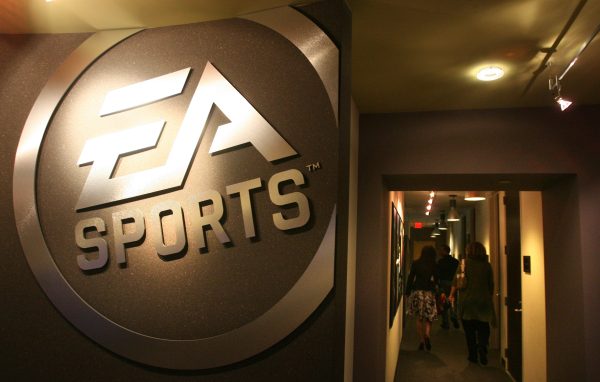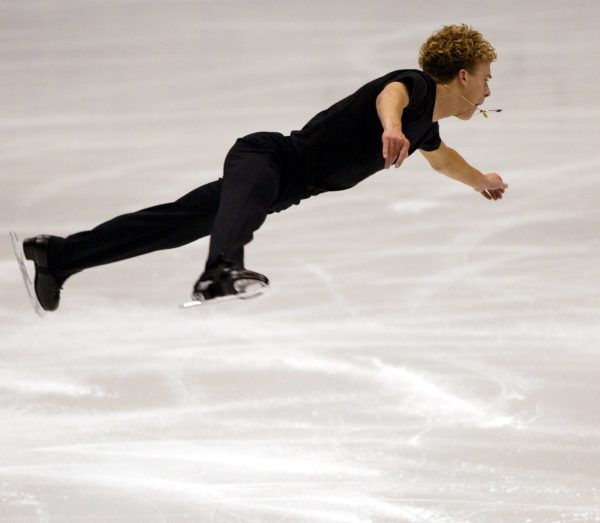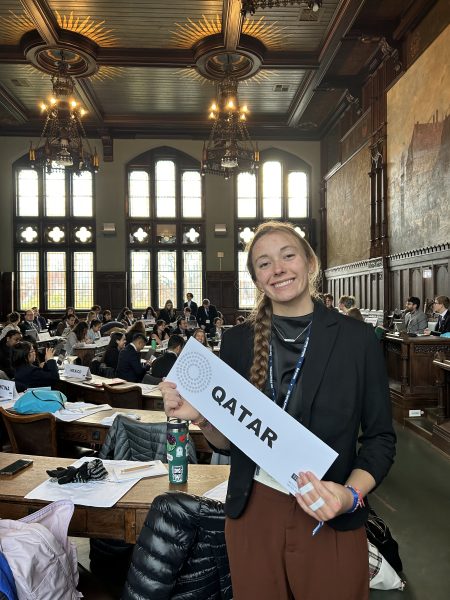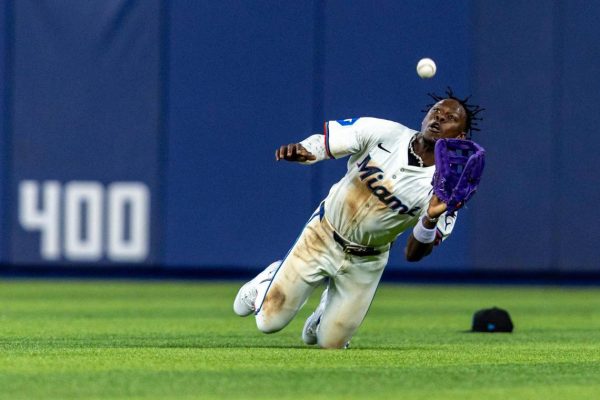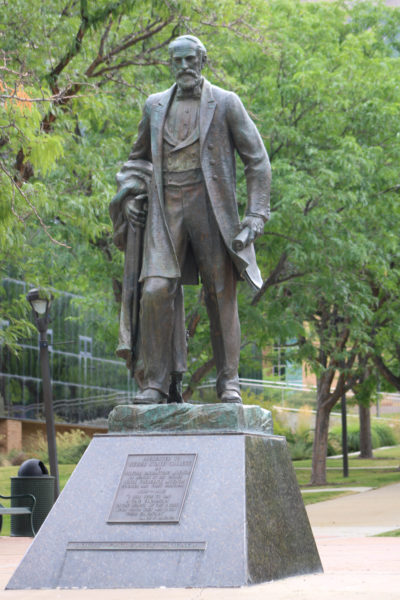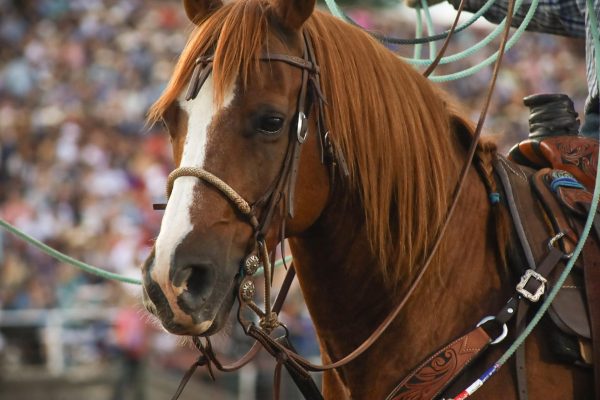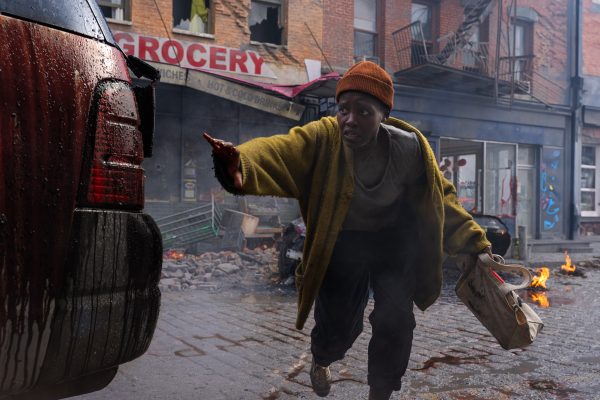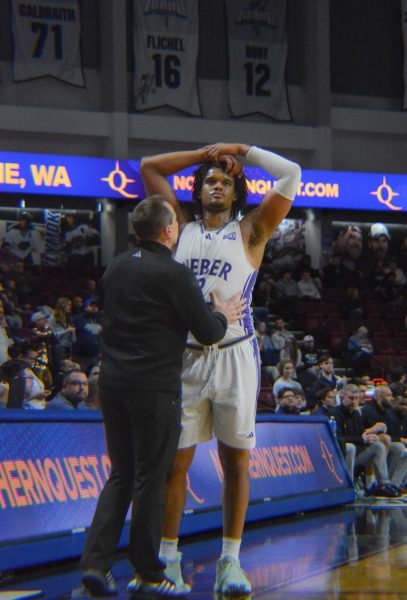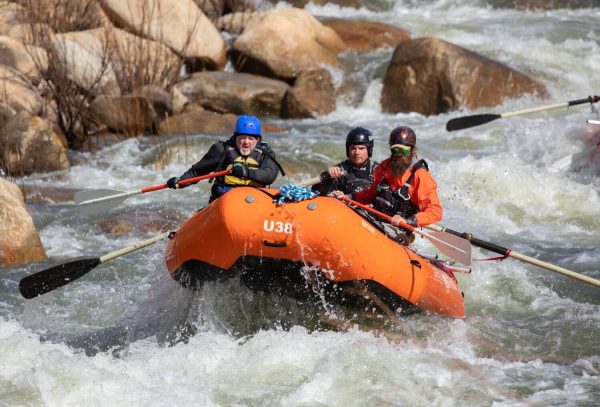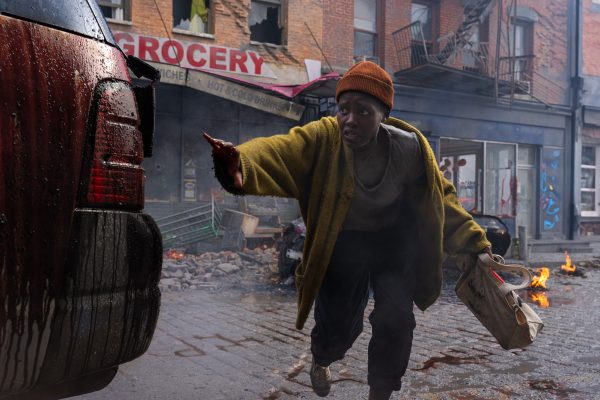Winning the Wildcat way
Simon Mortensen, section editor of the sports desk at The Signpost.
When I first enrolled, I looked at Weber State University as just a path to a degree. I didn’t want to join a fraternity or club, nor did I have any school spirit. I went through high school the same way and didn’t see a need to change.
I can’t express how grateful I am that I didn’t follow my initial plan. While at Weber State, I’ve been able to become a sports journalist, travel for The Signpost and gain valuable experiences that enhanced my classroom abilities.
Covering sports, I’ve found that many teams follow a model of success. For those starting college or looking for help, here’s what I think it takes to win the Wildcat way.
The importance of passion
As far as professional leagues like the NFL, NBA and MLB are concerned, I can hold my own during any intense debate or trivia contest. That said, when I started writing for The Signpost, my knowledge about sports at Weber State University was practically limited to the Portland Trail Blazers superstar point guard Damian Lillard, who’s a former Wildcat.
Becoming the assistant sports desk editor in 2022, I took every opportunity I could to learn more about Weber State sports. I went to games as often as I could and met as many people as possible. It was also around then that I started appearing on Weber State Weekly, a podcast dedicated to Wildcat sports.
It was a lot of work, and what got me through it was the love I developed for Weber State’s teams. When grabbing information and interviews for every story I wrote, I geeked out a lot. It’s one of the reasons I teared up on the drive home after covering my last game at the Dee Events Center on February 27.
For those choosing their major or thinking about their career, it’s important to consider how much you’d like your passion to play in your life. Enjoyment is often what sets the achievers apart from the unmotivated.
Find an optimal preparation routine
I’ve interviewed a lot of coaches and players before big games and there’s one question I frequently ask: “How do you prepare for a matchup against an opponent this elite?”
Almost every time I ask this question, my interviewee will tell me that they prepare for each team the same way. At first, I found that kind of lazy. It felt like some teams should’ve required a different strategy or practice style.
It wasn’t until I started writing about the football team that I started to understand what that response meant. Players and former Wildcat head coach Jay Hill talked about how involved the team was in the film room during the 2022 season. Many players said the team treated every game like their first of the season, and that it was their job to come out with a 1–0 record.
Their example helped me understand something: Successful players and coaches treat every opponent like they’re the most important. They’ve found their most effective way to prepare, and they follow that model.
The way a student prepares for any assignment sets a routine. I unintentionally studied for everything the same way at Weber State. While there were times I put too much effort into an assignment, I never handed in something that felt unpolished. I prioritized every assignment, and it helped me succeed in class and at The Signpost.
Find someone who believes in you
During the 2021 fall semester, I started classes for my multimedia journalism emphasis. One of those classes was COMM 3130, taught by Associate Professor Jean Norman.
Unlike many others in the course, I had no idea what The Signpost was, nor was I a published journalist.
I started to lack confidence in my abilities. While I’ve always done well writing essays, I’d never had to write like a journalist before. I felt behind and even thought about switching majors.
Before calling my advisor to start that process, I decided to just try my best and see where it went. Jean played an intricate role in that effort. She met with me when I had questions and gave me writing advice.
Midway through the course, I still felt like one of the weaker journalists in the room. Around that time, Jean introduced me to then-sports desk editor Emily Miller. It was at that time that I started doing game coverages for The Signpost.
Emily also helped me start to write more like a journalist. At the end of that semester, she asked me to be her assistant editor. After showing me the ropes, Emily started to trust me as well, and we became an effective team.
The confidence and support Jean and Emily gave me was critical to my success at Weber State. Some of the most brilliant people in the country are Wildcats, and their knowledge isn’t just tied to their area of expertise. If you put in the work, they’ll lead you to incredible opportunities.




